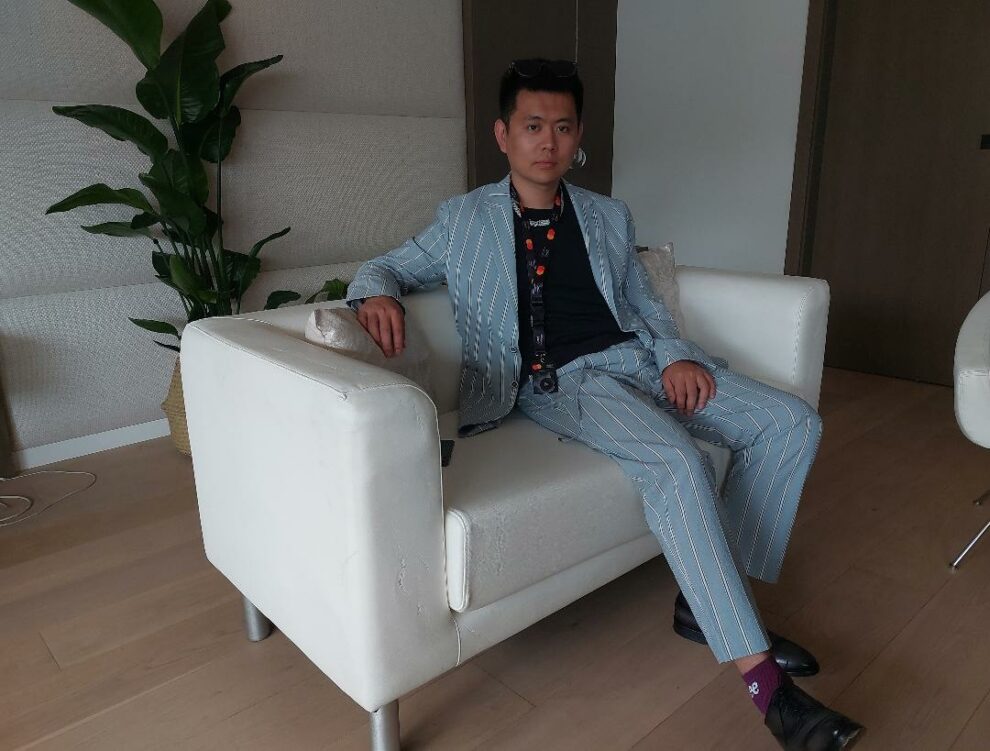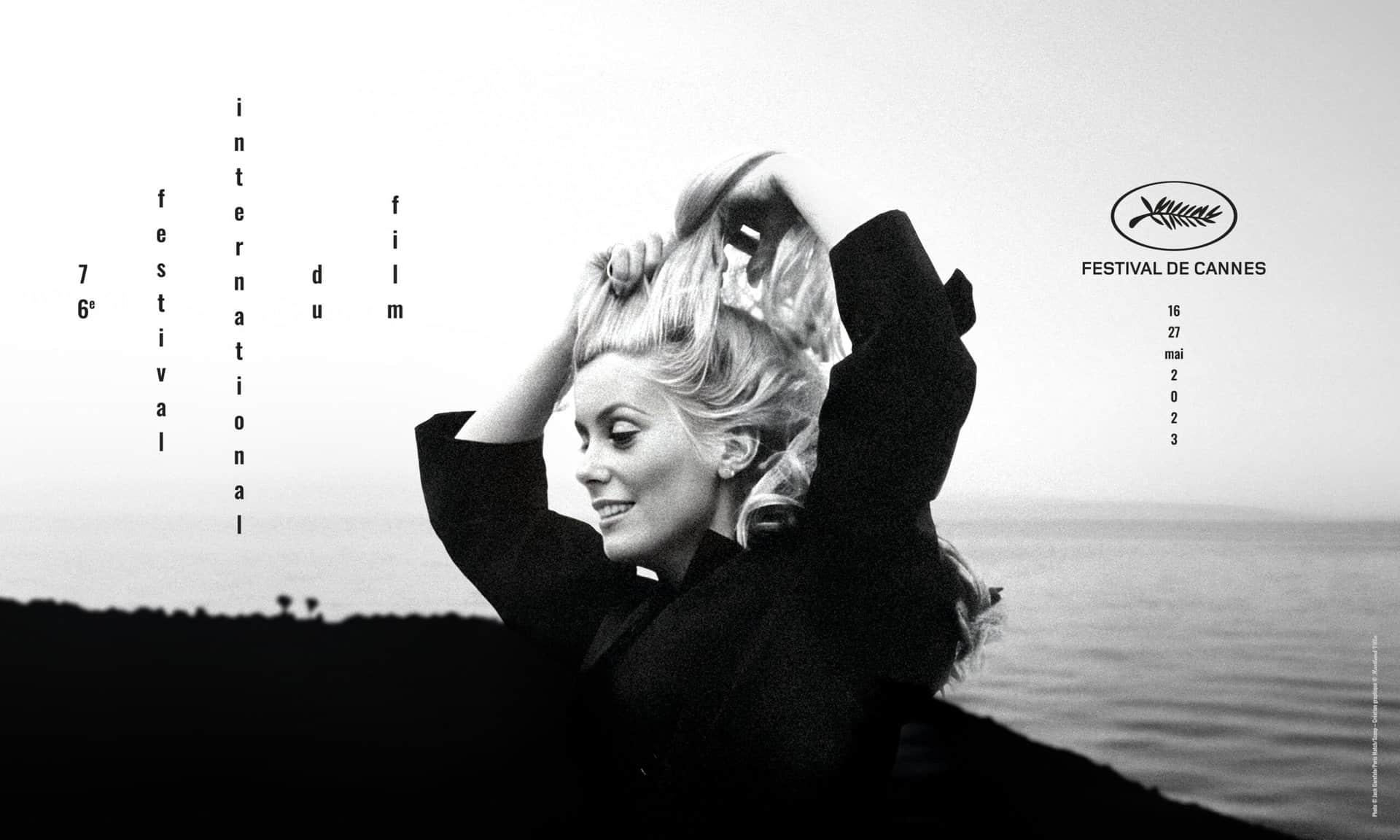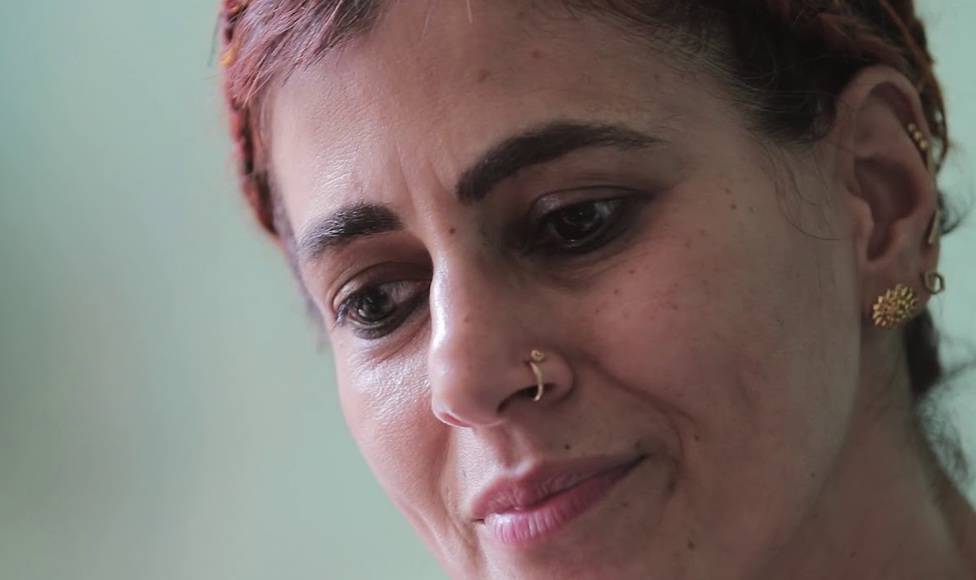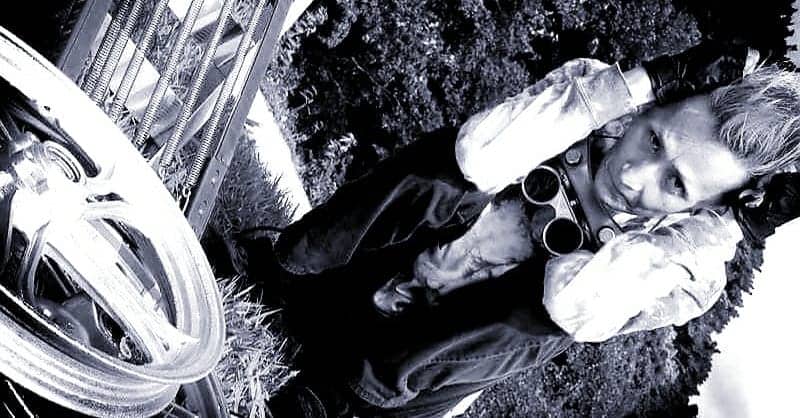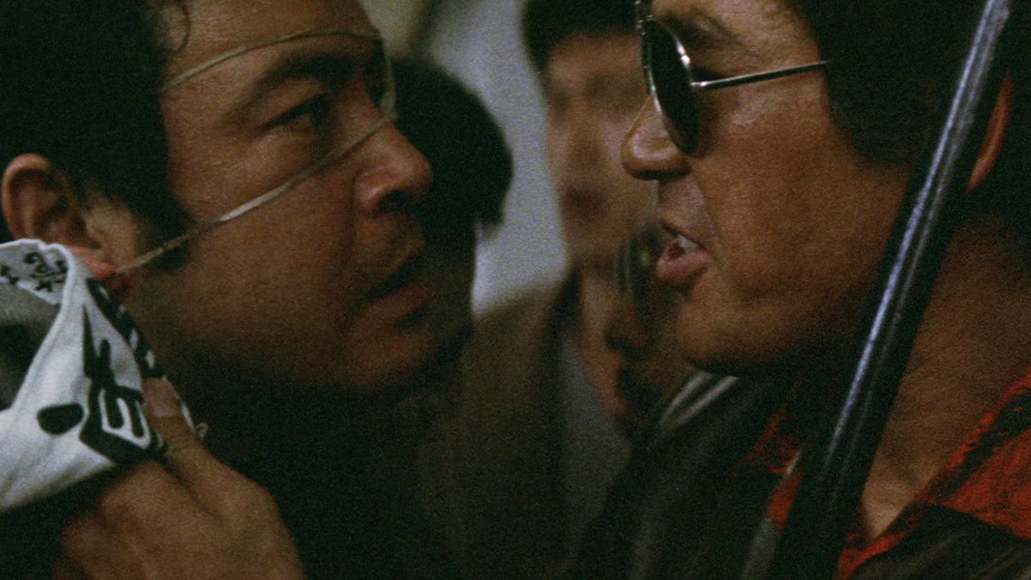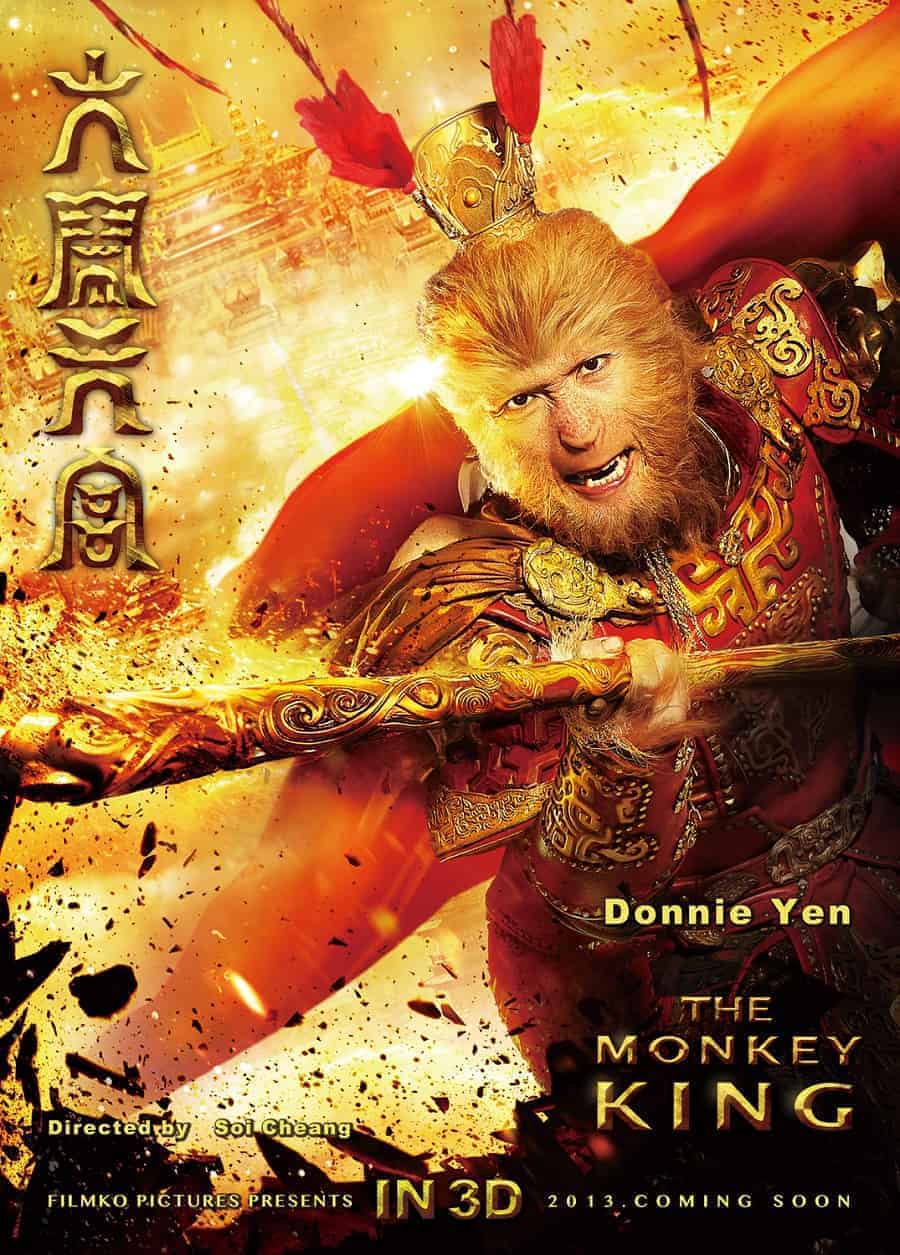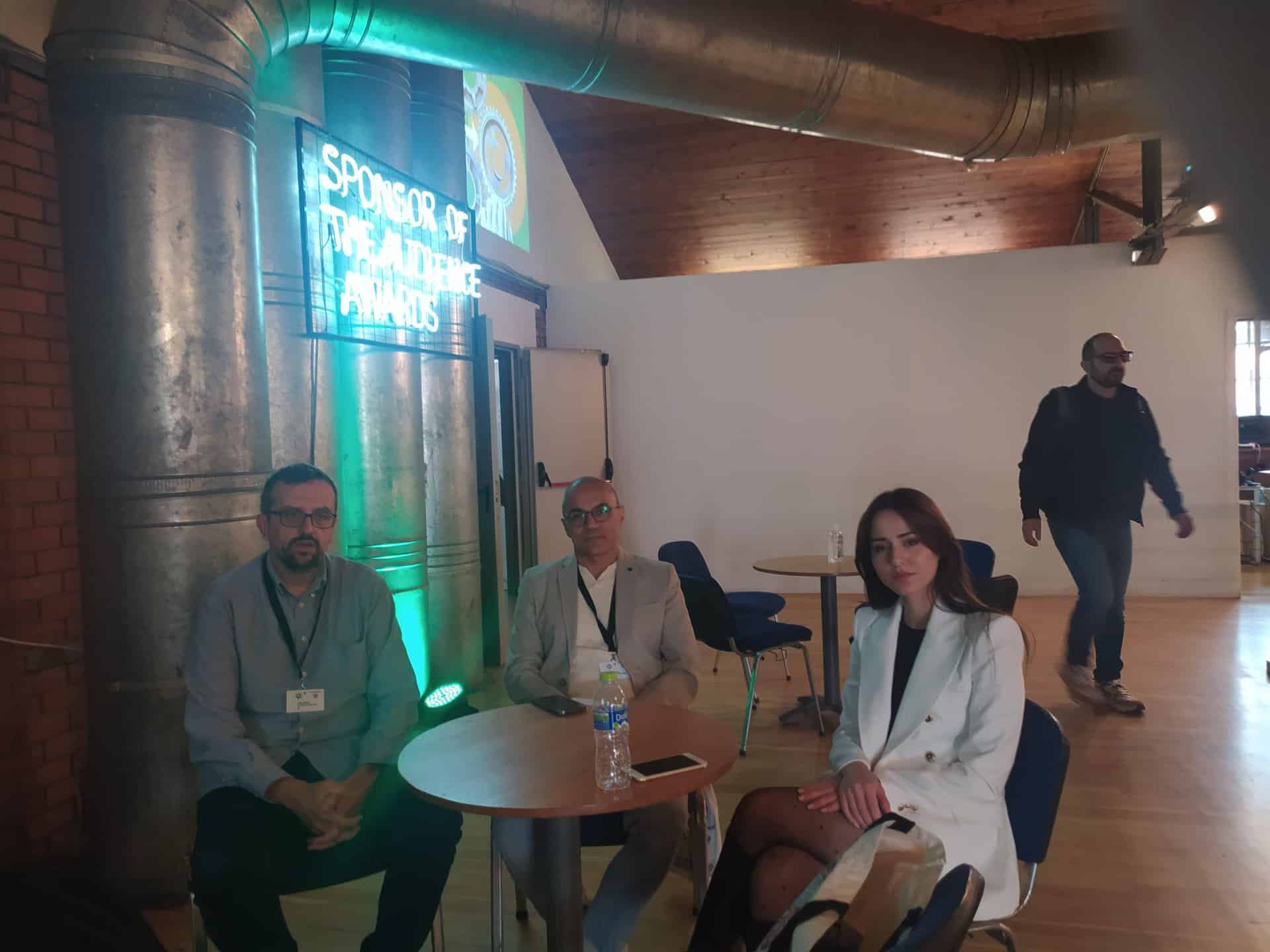They say that third is a charm, but in the case of Wei Shujun, all four of his movies were blessed with the honor of being shown in different segments of Cannes' competition programs. In 2018, his short “On The Border” won the Special Jury Award, his feature debut “Striding Into The Wind” entered the Official Selection in 2020 followed by the sophomore drama “Ripples of Life” screened in Directors' Fortnight in 2021. At this year's 76th edition of Cannes Film Festival the audience had the opportunity to see his beautifully accomplished noir “Only The River Flows” in the Un Certain regard competition.
Each of Wei Shujun works differs in topics and style, and it was intriguing to follow his artistic development over the years. In “Only The River Flows”, an intricate story about a detective who investigates a series of murders in times of significant political changes in China, viewers get challenged, but never bored by the multilayered storytelling that sends them back in the 1990s.
“Only The River Flows” is a little marvel of a movie almost completely shot on 16mm by the director of photography Chengma, whose muddy images mirror the drabness of the era pregnant with polarity between the sternness of communist inheritance and modernity that slowly conquers the country. The brutal murders that shake up a small community only serve as a backdrop of a much more intriguing story surrounding its lead protagonist, chief inspector Ma (Zhu Yilong) who is slowly losing his mind, unsure what's the product of his fantasy and what's real.
We met with Wei Shujun a day upon the world premiere of his movie to speak about his motives to tackle up the story based on a barely known novel by the famous Chinese writer Yu Hua, his inspiration to adapt it to a different narrative, and many intersting choices he made in the process of film-making.
What attracted you to this particular story?
The project was actually proposed to me, and when I got the novel written by Yu Hua, I discovered a short story written 30 years ago which could have been set up in our time. It is an avantgarde work, so it offers a lot of possibilities, and many ways to turn it into a good movie. It offered me a chance to turn it into something new, so I got very intrigued where it could lead me.
You co-wrote the script with Kang Chunlei, and what would be interesting to know is how you approached the adaptation in terms of ideas you brought into it, and your vision about its future endproduct as a cinematic experience?
We didn't use everything from the novel, because adapting a script is not a simple translating job. For me, the most attractive thing are the invisible parts just like in nightmares we can't wake up easily from. Based on that, we tried to develop ideas for a script that would define them. In the beginning, my colleague and I had different opinions about how it should look and feel like, but at the end, we found a common language. We discussed things thoroughly, defined frames of the story and eventually the details as well.
You opted for a combination of the analogue- and digital photography. Can you elaborate a bit on it?
Almost the entire movie was shot on 16mm, just the dreams were made digitally because I wanted to present the distinguishable difference between reality and nightmares. Based on that, I developed the whole structure of the film. The reality is more vintage than the dream which might sound strange. The digital ‘reality' that we see on TV doesn't have the same texture as the images of things and living beings around us. Just compare a person and a photo taken of them, and this becomes evident. I knew that I had to play on that card.
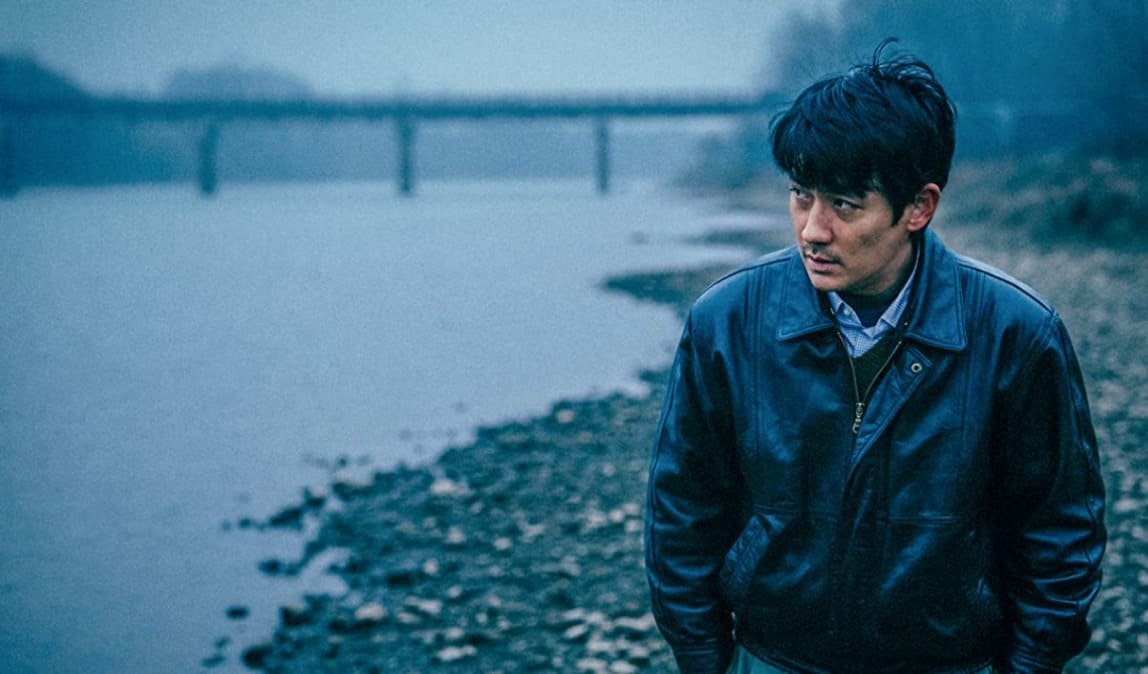
You let your lead, the Police Inspector Ma (Zhu Yilong) move into his new office which is set up in a closed movie theatre. Was that maybe your comment on the current state of the cinema, and a reaction on the pressing question if it's slowly dying?
The main reason I put him there was because of what we are doing. I am staging a play in which actors perform in a theatre. I personally thought that this would be the most interesting set up for the movie. Even yesterday, when I re-watched my movie with the audience in the cinema, I found it funny. Also, each time Inspector Ma is faced with a criminal case, the truth is before his eyes and he can't see it, which means he is passive. He is like a marionette. So, what better space could I give him than the actual ‘stage'?
One of the most impressive things about your approach to the main character, is how you manage to dive into his mind. How did you work with that?
I combined three layers to achieve it: the complicity of the case, his personal life insinuating that he might have a problem that is rooted in his childhood, and finally – his memory which plays tricks on him. He is losing his mind, and the memories blend with exhaustion, stress, and challenges that brutal crimes impose on him. On the other hand, I had to think about the right dose of every ingredient, because I didn't want to confuse the audience, and make them completely confused and lost. The ideas had to be simplified, and properly mixed.
Did you already have a clear idea about your main cast, or did you organise a proper casting?
Choosing actors happened really fast. I didn't lose time talking about the script or the story itself, I would just observe how they were reacting, and if they were relaxed and felt comfortable in their roles. Based on that, I made my decision. For me, the selection process should not be rigid, and acting should be like a robe you put on and feel comfortable in. So, the ideas about the cast shan't be definite; the choice comes through the intuition, casual talk and observations.
What is also strikingly beautiful in your film are set- and costume design.
Especially for the setting of the scenery, for me it was relatively easy to locate the right spot because it's my own area. I was thinking that the vintage look was significant but that not everything should be about it., and that I shouldn't fall into that trap. I had to find something that would click with the overall image of the film. I tried to put the narrative into a specific location. For instance, the scene with the bees trying to get into the old lady's house were serving the purpose of showing Ma's chaotic state of mind. Regarding the costumes, they had to be in sync with the time, and I was lucky to find support in Su Chao who on the one hand caught the spirit of it, but on the other also inhaled a kind of timeless elegance into clothes.
Where did you shoot the film and how long did it take you to finalize it?
It was shot in a small town with a very long history. Before we started shooting we spent two months preparing everything for it, and it took us 45 days for the post-production.
This is your third time in Cannes, and considering that the selectors found each one of your films eligible to be screened in different segments of its competition, how is the feeling like being part of the prestigious Un Certain Regard competition?
It's funny, because this is the first time that I could physically attend the festival, so Cannes feels very concrete and special to me now. When I arrived here, I finally came to realization that cinema is important indeed, because everyone spoke about it. That makes me very happy, although the weather doesn't play along and is actually truly awful. Despite of it, I felt extremely happy after yesterday's official premiere. I had a full house, and the audience seemed to love my movie.


